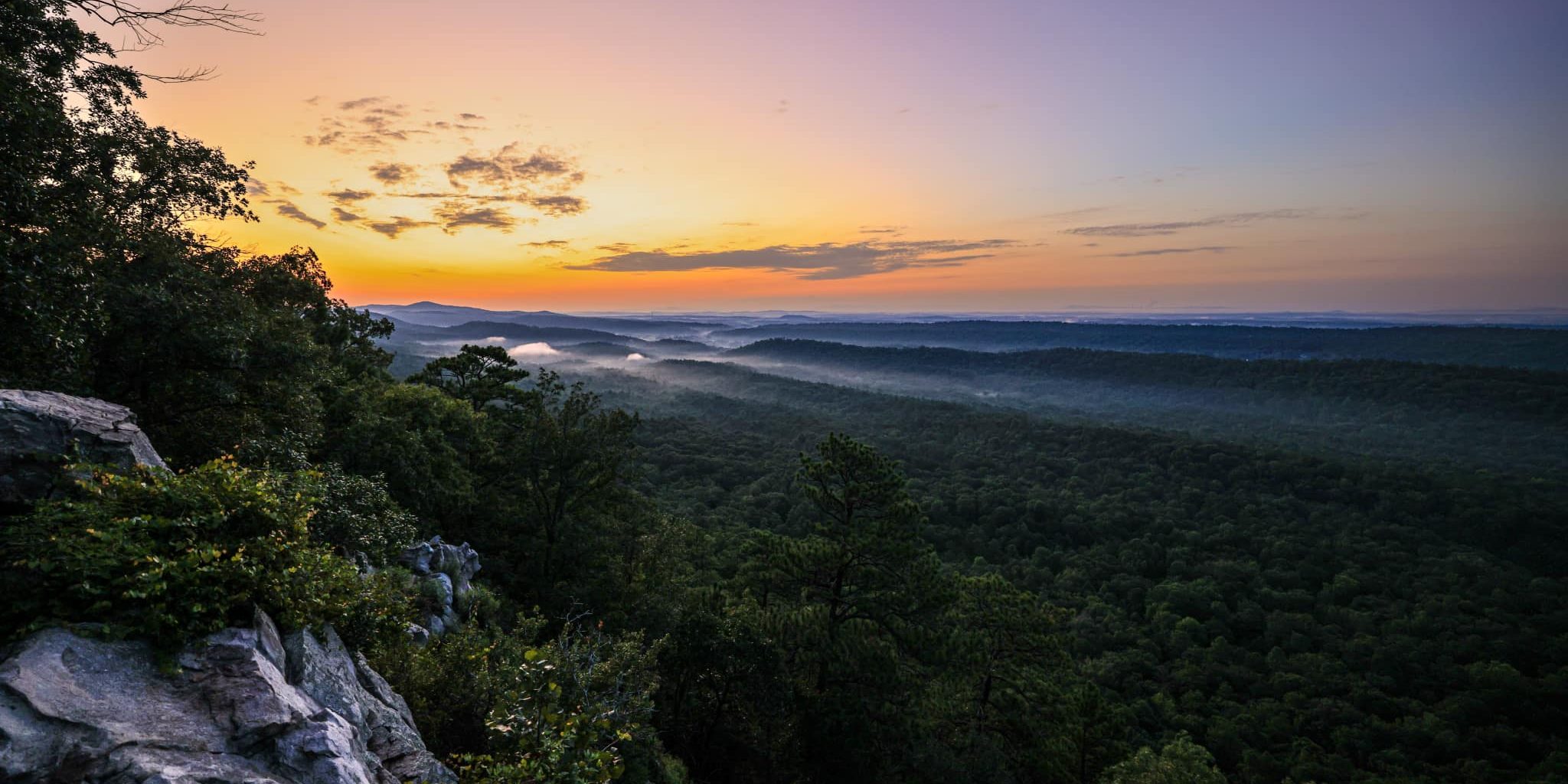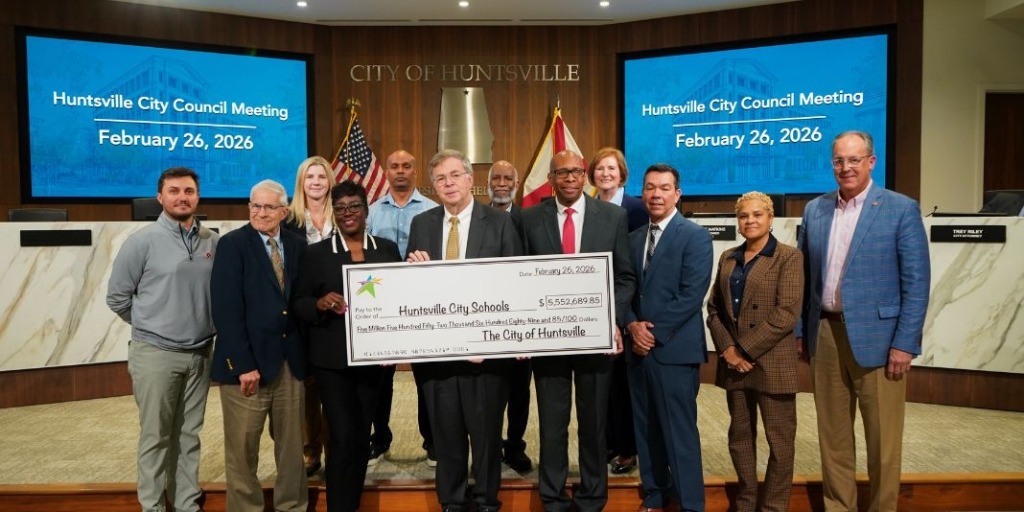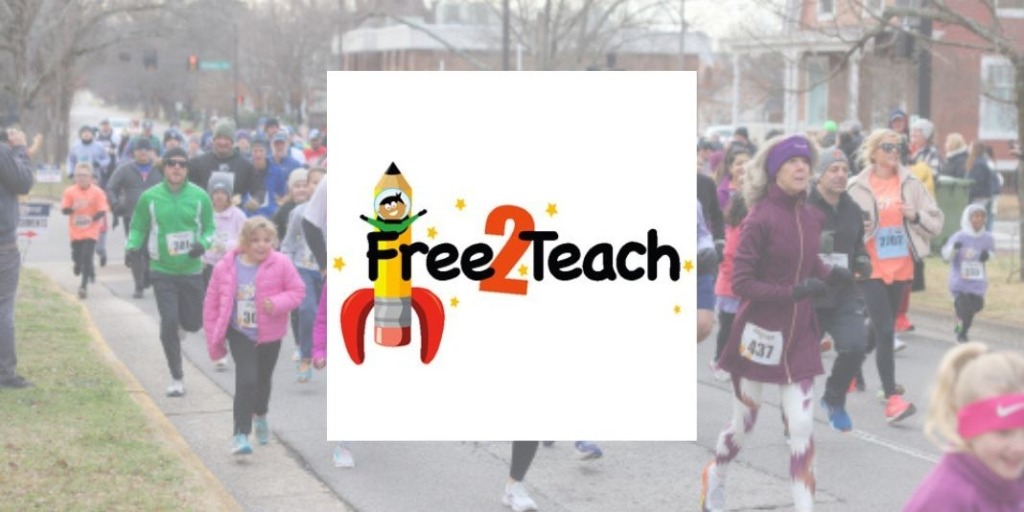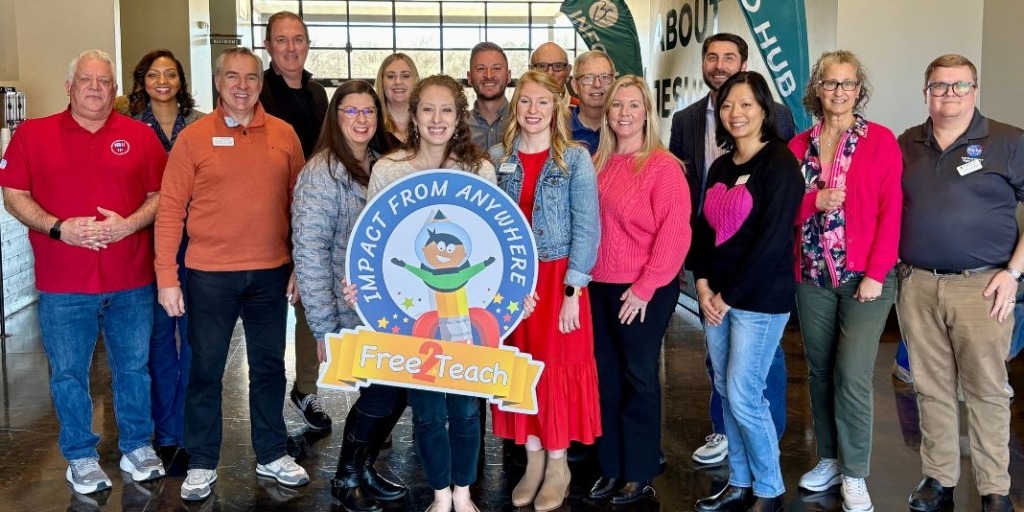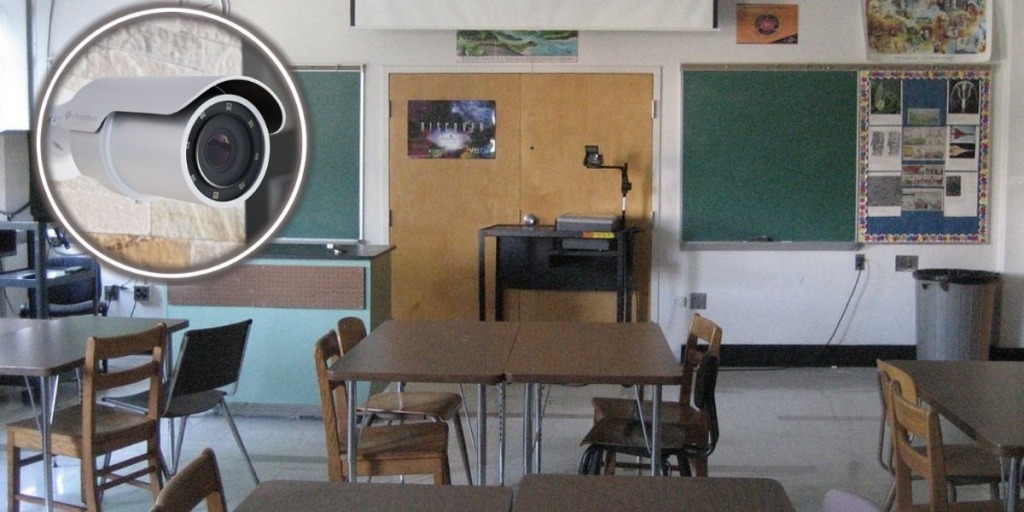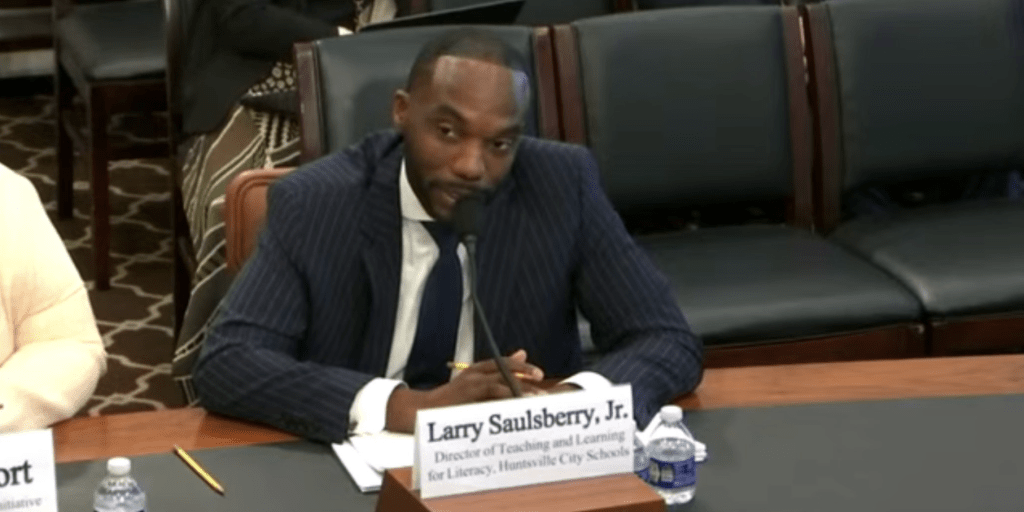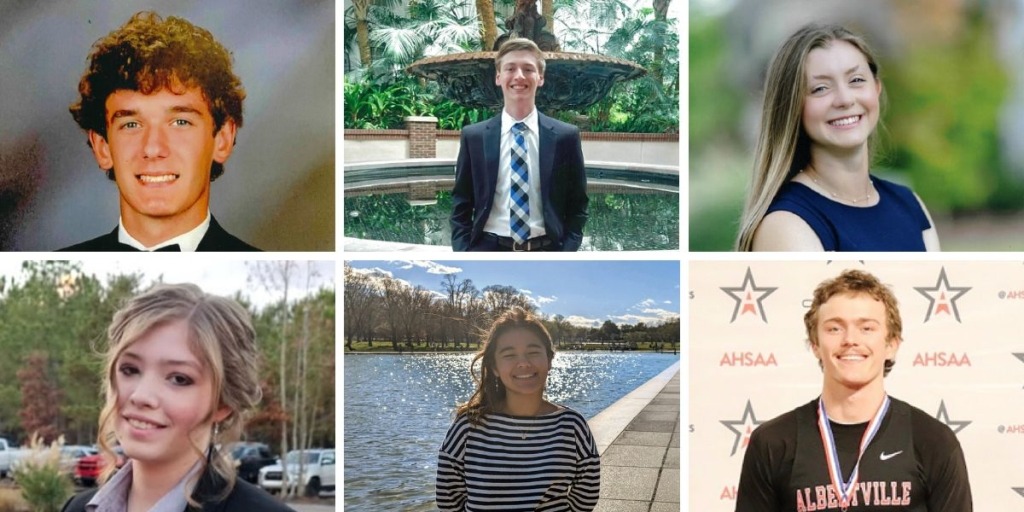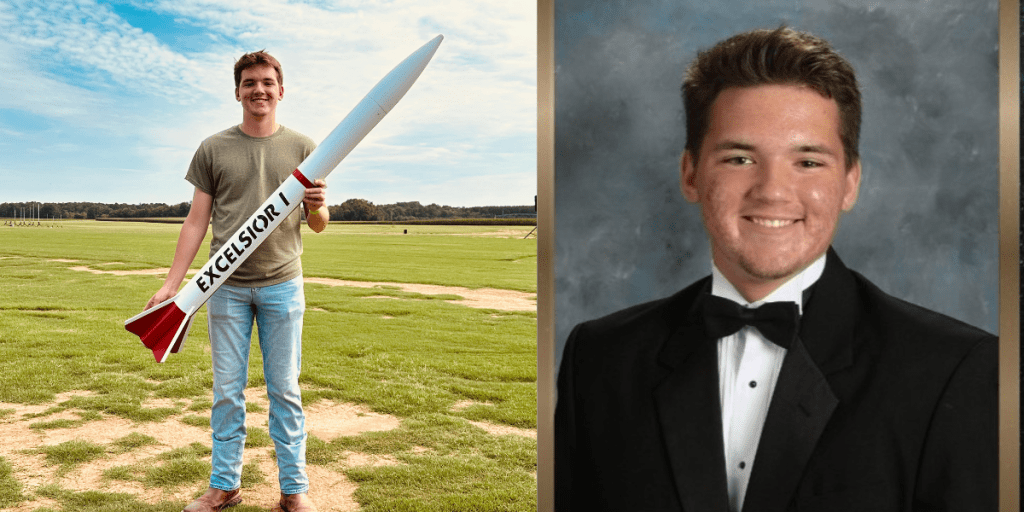Educators expanded their education this summer in a rather unusual class setting – Alabama State Parks. The Teacher-Educator Workshop Adventures series took 25 educators on a first-come basis to visit State Parks in the five districts in the state to learn about the wealth of outdoor educational opportunities.
The 2025 workshop series, titled Teaching Outside the Walls: Alabama’s Ecology in Action, focuses on themes from “Southern Wonder: Alabama’s Surprising Biodiversity,” a book by R. Scot Duncan that is distributed to each participating teacher to extend the learning beyond the field.
State Parks Chief Naturalist Renee Raney said the workshops follow a similar framework but are tailored to highlight the unique features of their host parks, including the local landscapes, distinct ecological systems, notable plant and animal life and on-site field trip opportunities. The series is funded through a grant from the Blue Cross Blue Shield (BCBS) Caring Foundation.
Raney said State Parks has partnered with other organizations for workshops before, but this is the first time that Alabama State Parks has offered its very own teacher workshop series. She said a grant from BCBS in 2024 sponsored a number of field trips for K-12 students to visit different parks and was the origin of the 2025 workshop series.
“During those field trips, teachers began asking me what else we could do for them,” she said. “This is a course of study that supports Alabama (teaching) standards. The teachers said they would love to be able to utilize State Parks as an outdoor classroom. A light bulb went off and, in our next application for the grant, we added the teacher workshop series.
“It’s been so well received. Each one has been filled, with a waiting list.”
Alabama State Parks Director Matthew Capps said expanding the outreach of State Parks through educators offers a great multiplier effect.
“These teacher workshops not only educate the educators about all the beauty and diversity in our unique State Parks, they take this experience and knowledge back to their classrooms,” Capps said. “When the students learn about all of the opportunities in our State Parks, they often go home and ask their parents to take them to a State Park near them. This teacher workshop series has been an overwhelming success.”
Raney said each workshop accommodates 25 educators for a one-day event at the different parks.
The last 2025 event is scheduled for Aug. 9 at Joe Wheeler State Park with noted environmentalist, biologist and herpetologist Jimmy Stiles as the lead presenter. As Raney said, you’ll have to get on the waiting list and hope to get lucky to attend.
“It’s been wonderful,” she said. “The connections we’re making with these teachers are leading to further connections with their peers when they go back and tell their friends who teach. We’re getting requests for more workshops, and we’re potentially planning a series of workshops that will be a spinoff of this original series.
“One of the coolest things at the start was inviting K-12 to come in and then getting a (Ford) Bronco Wild Fund grant that allowed us to send passes home with the students to bring family back to the parks. Many of the students had never set foot in a state park, and now the families would be able to experience it. One teacher said, ‘We can seriously bring our students back to the parks to see what we’ve seen and done at the workshop, and it won’t cost us anything.’ We’re building this rapport with the formal educators to explain and express the value of Alabama State Parks and their natural resources as outdoor classrooms.”
Raney credits the different instructors for presenting Alabama’s natural beauty and wonder to the educators.
“Our instructors are super passionate about showcasing the incredible natural diversity of Alabama,” she said. “We want to harness that richness for their teaching. One of the key messages we aim to convey is that Alabama is one of the most biodiverse states in the country. Our remarkable range of species, ecosystems and habitats are shaped by our physio-geographic regions. These workshops emphasize that Alabama State Parks are scenic destinations and fun places to stay, play and explore, but they are also dynamic living classrooms.
“Every single participant in these workshops now fully understands that they have access and are part owners of this dynamic living classroom within their school community. Having a workshop in each of the five districts for State Parks allows us that closer connection with our media specialists in the school and our STEM (science, technology, engineering and mathematics) teachers.
Raney said she was excited to learn that the workshops were approved for Alabama Math, Science and Technology Initiative TEAMS (Teacher Excellence and Accountability for Mathematics and Science Act) credit.
“One math teacher who came to our DeSoto workshop said he wished all of their math professional development could be in State Parks,” she said. “He said this workshop opened a whole new world for his math lesson planning. So, we had math teachers booking K-12 field trips to our State Parks so those students can experience what that teacher experienced.
“This takes Alabama State Parks and the ADCNR (Alabama Department of Conservation and Natural Resources) education to a new level with new generations who love and support our State Parks and the Department of Conservation. They’ll hunt. They’ll fish. They’ll explore. They’ll study and research and hopefully choose careers that fall into our realm.”
Joseph Milner of Albertville Middle School is one of the teachers who plans to share his workshop experience with his students, colleagues and friends.
“I sat there during the workshop thinking about how this would relate to my eighth-grade science class,” Milner said. “And then I started thinking, a lot of these kids have never walked down a creek before, so I think the kids need to get out there as well.
“In my class, we talk about things like solutions, where you dissolve things. I thought about solutions in the park. We were standing on a dry rock, and one of the naturalists pointed out this parasitic plant thriving on the flat rock. In the classroom, we can talk about water being the solvent and the rock dissolving. We went to a bog with carnivorous plants. I can use that to talk about the transfer of materials. The insects are collecting whatever it is they eat, and then they end up providing that material to the plant. The plants use enzymes to digest the insects, so we can go back and talk about the chemistry. I think I have a lot of opportunities to plug this experience in and catch the attention of a child who might not be able to view something like the periodic table as an abstract event.
“What the workshop did help me do was realize my eighth-grade physical science is easily communicated as life science when you tie it in with State Parks and their previous classwork.”
Raney said after her college training she had to leave Alabama to really appreciate what the state has to offer.
“As a student, I loved Alabama, but I didn’t really appreciate how special Alabama is,” she said. “Thirty-three years ago, I worked in El Yunque National Forest in Puerto Rico researching endangered and endemic species. I was admiring one of their endemic colorful species, a Puerto Rican tody, similar to a Carolina chickadee, as it chittered along our trail. The biologist that I was working with asked, ‘Have you ever seen a real live blue jay? I’ve wanted to see one of those my whole life!’ I shared my Alabama birding checklist with him, and he was blown away. Someone who had never visited Alabama appreciated our biodiversity more than I did, and that was a pivotal moment for me. I returned to Alabama and dedicated my career to teaching place-based environmental education in this incredible state.”


